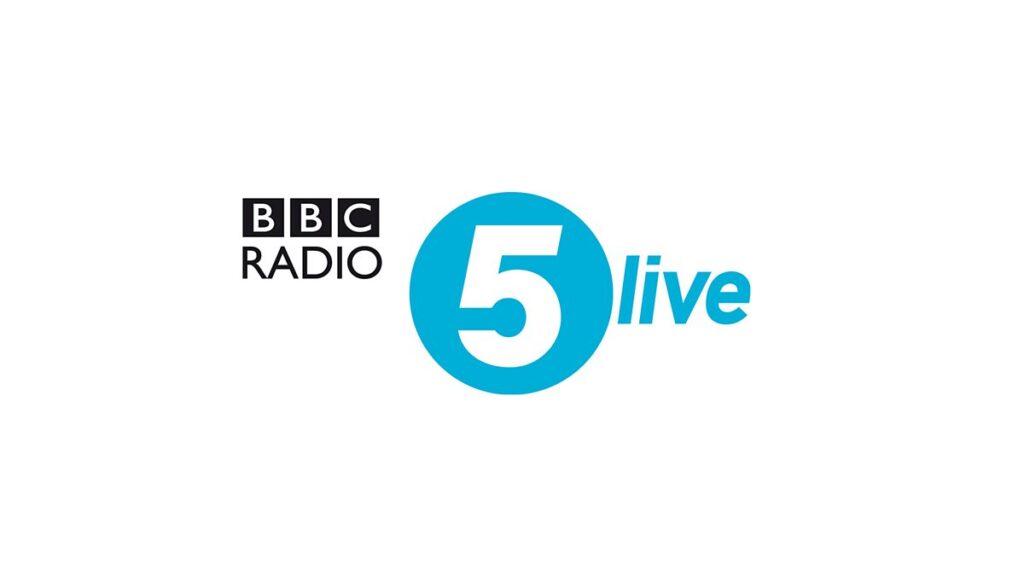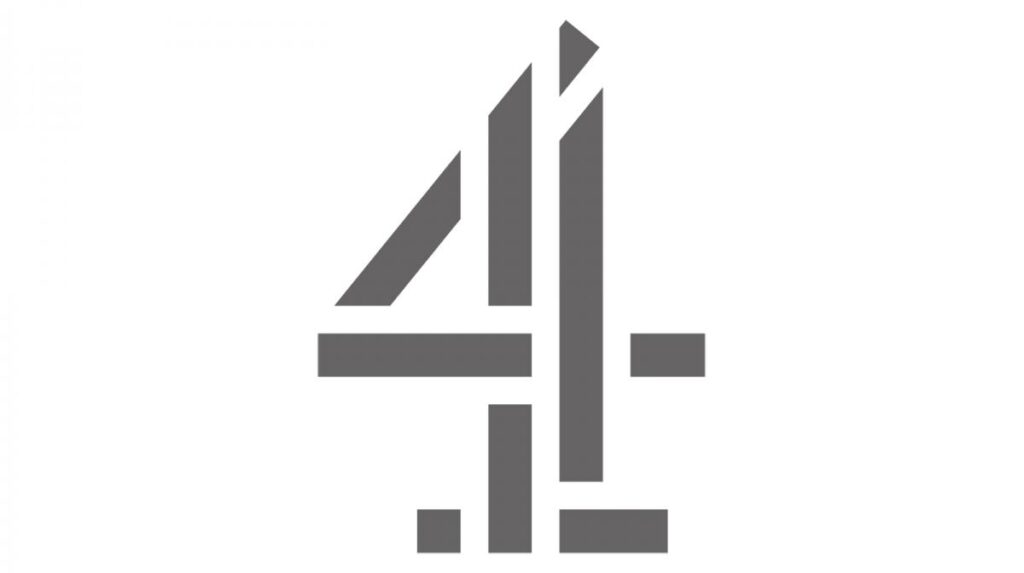What Are Facial Implants?
Facial implants are used to enhance areas in the face that have lost volume or to enhance areas where tissue is lacking. The commonest material used is silicone and there are many different types of implants. The commonest are chin and cheek implants.
Who Is It Suitable For?
The use of facial implants may be considered in patients in whom there is a specific area in the face that would benefit from enhancement.
Who Is It Not Suitable For?
Facial implant surgery may not be suitable for those who smoke and have an extensive medical history, though this will be discussed in further detail during your consultation. It’s also not suitable for those who feel pressured to have surgery by others.
How Much Do Facial Implants Cost?
If you are suitable for facial implant surgery you will be provided with a quote that includes all fees for the operation once you’ve had your initial consultation.
What To Expect During Your Consultation?
The success of the consultation depends on your openness and honesty in relation to what troubles you and your expectations of surgery. You will be asked questions about your health, desires and lifestyle. Different operations can be tailored to your needs and the potential outcomes and the risks and complications will be discussed with you. The operation removes repositioning of the tissues in your face and often skin is also tightened and removed. Various types of volume enhancement procedures are available and may be combined with other forms of facial rejuvenation.
A consultation regarding the risks and limitations of surgery will help you to choose a procedure that will meet with your expectations.
Preparing For Facial Implant Surgery
The majority of procedures involving the insertion of facial implants require general anaesthetic. Your health is a prime importance and any cosmetic surgery should be postponed if you are unwell for any reason. It is important that if anything changes with your health that you make contact with us. You should ideally stop smoking 6 weeks prior to surgery and stop taking aspirin, anti-inflammatory drugs and herbal supplements before surgery. You may need preoperative tests prior to surgery, which we will arrange if required. You will generally experience discomfort following the surgery and should aim to be off work for at least 2 weeks depending on the type of work you do.
The Surgery
Insertion of a facial implant often takes between 1 and 1.5 hours although this may be longer if you are having additional procedures. An incision needs to be made to access the area where the implant is to be positioned. Incisions can be made within the mouth or there may be a need to place a skin incision. The commonest skin incision is one under the chin for the insertion of a chin implant.
After Surgery
You will usually return to the ward within an hour following surgery. You will be able to eat, drink and mobilize. You will feel swollen and have bruising and discomfort that may require analgesia. You may be numb around the scars and this does take some weeks/months to settle. You should arrange for someone to pick you up following surgery and have some support at home on discharge. The final results of facial implants can take a number of months to become apparent. You will be seen in the dressings clinic the following week and it is important to avoid too much contact with your face and hair during this time. It will take a couple of weeks to get back to your normal activities. If there are skin incisions then the scars can be red initially but usually fade over time and usually fade to become a white line.
Risks And Complications
The vast majority of patients are delighted with the procedure although common complaints include numbness, bruising and swelling. Uncommon complications include migration of the implant, palpability of the implant, infection, haematoma, delayed healing/skin necrosis/skin loss, seroma formation and thickened scar. Abnormal scars are rare. Nerve damage to the facial nerve that controls the muscles of facial expression can be damaged. Although temporary weakness lasting days/weeks can occur it is rare for they’re to be any permanent loss of function. Sensation to the lip can be altered following the insertion of chin implants and again this is unusual and rarely permanent. There are also uncommon risks of general anesthesia such as respiratory / cardiac compromise and deep vein thrombosis.
























